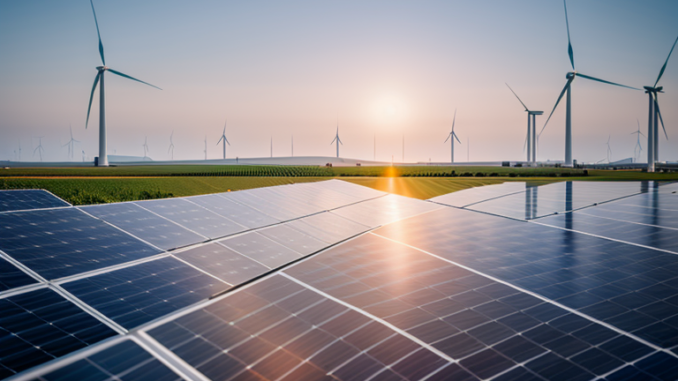
Introduction:
In the fast-changing world of cryptocurrencies and blockchain technology, cryptocurrency wallets are extremely important. These digital tools allow individuals to securely store, manage, and interact with their digital assets. As cryptocurrencies become more popular, it is crucial to understand the different types of wallets available and implement best practices to protect these assets. Additionally, with growing concerns about the environmental impact of blockchain networks, energy-efficient infrastructure becomes crucial. In this article, we explore cryptocurrency wallets, their importance, and the urgent need for sustainable energy solutions in the blockchain landscape.
Understanding Cryptocurrency Wallets:
Cryptocurrency wallets come in different forms, each with unique characteristics and uses. MetaMask, Coinbase Wallet, Electrum, and Trezor are popular options. MetaMask is a versatile wallet and browser extension designed for the Ethereum ecosystem. It offers features like DApp interaction, secure storage, cross-platform accessibility, custom network configuration, and support for multiple Ethereum-based tokens.
When choosing a cryptocurrency wallet, several factors come into play. Security is the top priority, with best practices including creating a strong password and storing the seed phrase offline in a safe location. Ease of use, supported assets, backup and recovery options, and community reputation should also be considered.
The Role of Cryptocurrency Wallets:
Cryptocurrency wallets play a key role in the blockchain ecosystem. They allow users to send, receive, and engage with smart contracts by depositing cryptocurrency into their wallets. These wallets provide secure storage for private keys, giving individuals full control over their digital assets. Users must be cautious, follow security best practices, and stay informed about the evolving landscape of blockchain and cryptocurrencies.
The Importance of Energy-Efficient Infrastructure:
As cryptocurrencies gain popularity, concerns about the environmental impact of blockchain networks increase. Proof of work (PoW) networks, in particular, face scrutiny due to their high energy consumption. Addressing this issue requires research into alternative consensus mechanisms and the development of energy-efficient infrastructure.
Energy-efficient infrastructure is essential for achieving long-term sustainability goals. It not only reduces energy consumption but also fights climate change and minimizes environmental impact. Additionally, energy-efficient infrastructure contributes to environmental preservation and promotes a greener future. By promoting renewable energy sources and reducing greenhouse gas emissions, it helps build a more resilient and sustainable society.
The Need for Sustainable Energy Solutions:
To ensure a sustainable future for cryptocurrencies and blockchain technology, a shift towards energy-efficient infrastructure is crucial. This infrastructure should consume fewer resources and operate in an environmentally friendly way. Investing in energy-efficient solutions is equally important for sustainable development in modern society.
In urban areas, the need for energy-efficient infrastructure becomes even more urgent. By improving energy efficiency in buildings and transportation, we can reduce energy consumption, lower costs, and enhance quality of life. Additionally, energy-efficient infrastructure leads to long-term cost savings, making it a wise investment for individuals and businesses.
Conclusion:
Cryptocurrency wallets are essential tools in the world of cryptocurrencies, allowing individuals to securely store and manage their digital assets. However, as the industry evolves, it is important to prioritize security and stay informed about the changing landscape. Furthermore, addressing the environmental impact of blockchain networks through energy-efficient infrastructure is vital for a sustainable future.
By embracing energy-efficient solutions, we can reduce energy consumption, combat climate change, and create a greener future. The importance of energy-efficient infrastructure cannot be underestimated, as it contributes to environmental preservation, minimizes environmental impact, and helps achieve long-term sustainability goals. As we navigate the exciting world of cryptocurrencies and blockchain technology, let us prioritize both security and sustainability. Together, we can build a brighter future for everyone.

Be the first to comment